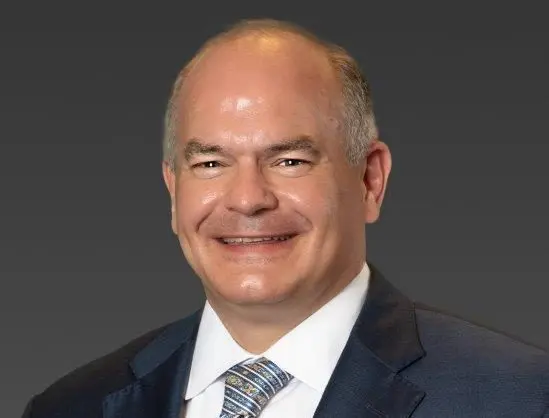Less than one in five Americans have prepared a will, advance health-care directive or durable power of attorney, even though most acknowledge that a lack of planning can leave their families in a bind. “Planning your legacy can give you the reassurance that you have done all you can to organize your life, articulate your wishes and shape how you will be remembered,” says Kevin Hindman, managing director of Retirement and Personal Wealth Solutions at Bank of America.
While 87% of Americans say it is a parent’s responsibility to initiate legacy-planning conversations, few do. It may be because of children’s reluctance to take part in a conversation about their parents’ mortality. “Parents are actually more receptive to talking about legacy planning than their kids might be,” says Matthew Wesley, managing director of the Merrill Center for Family Wealth.
Although these planning conversations may be uncomfortable, “it is necessary to have them so that everyone’s expectations are out on the table,” adds Cynthia Hutchins, director of financial gerontology at Bank of America. Here is how to get started.
Make It a Life-Affirming Conversation
The sooner you talk with your family about your wishes, the easier it is for them. By starting early and returning to the subject regularly, you help to normalize it, Wesley points out.
“Introducing the topic gradually, maybe when your children are in their 20s, shows that you are planning for a normal part of life. You do not want to delay the conversation until you are older, when the subject may be fraught with more anxiety,” he says. Wesley also suggests broadening the topic to include more than the financial and medical essentials.
You might start your legacy-planning conversation with a personal story—perhaps someone you know recently became gravely ill, causing upheaval in a family that was unprepared, suggests Hutchins. “You could follow the story with, ‘That made me think about what would happen in our family. Here is how I would like us handle it,’” she adds. “Start by telling your young adult children about your will and designated powers of attorney until your children are ready to assume those roles. Over time, you can increase the depth of the conversation.”
Call in the Experts When You Are Ready
“At some point, you will want to address whether you have done the necessary financial planning to cover all of the costs of ongoing care should you need it,” Wesley says.
A financial professional can provide the entire family with a reality check on the cost of long-term care, which most people underestimate or incorrectly assume will be covered by Medicare, Hutchins adds.
Revisit Your Plan
“Perhaps, someday, you will have grandchildren to consider in your will, or you will be ready to think about leaving a broader legacy of giving to the causes you care about. Your ideas about how you want to spend your last years may change, based on the state of your health and where you all are in your lives,” Hutchins says.
These conversations are an opportunities to reinforce the values you have taught over the years, reflect on the good times and remind your loved ones how much they mean to you, she adds.
For more information, contact Merrill Lynch Financial Advisor Jeffery D. Price of Price & Associates office at jeffery_price@ml.com or (817)-410-4940.
(Sponsored Content)





















